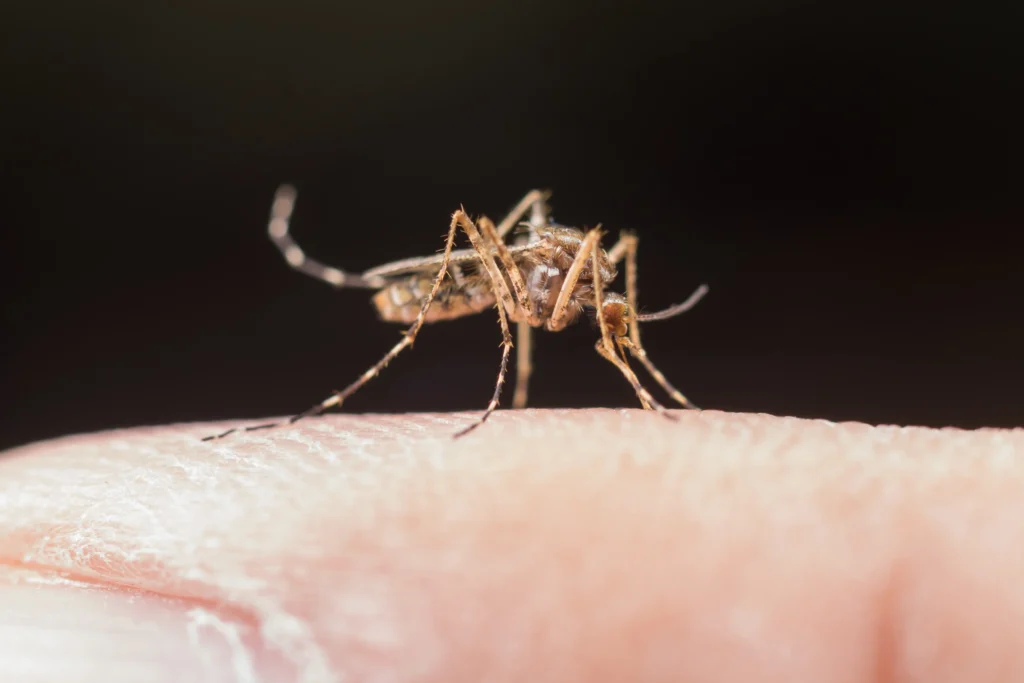Dengue
Home / General Medicine / Dengue
What is Dengue
Dengue fever is a mosquito-borne viral infection that has become a significant public health concern in many parts of the world. With rising incidences and expanding geographic distribution, understanding this disease is crucial for effective prevention and management. Dr. Mahendra Khandare, a leading expert in infectious diseases, provides valuable insights into the nature, symptoms, prevention, and treatment of dengue fever.

What is Dengue Fever?
Dengue fever is caused by the dengue virus, which is transmitted to humans through the bites of infected Aedes mosquitoes, primarily Aedes aegypti. The virus has four distinct serotypes (DENV-1, DENV-2, DENV-3, and DENV-4), and infection with one serotype provides lifelong immunity to that specific serotype but not to the others. Subsequent infections with different serotypes increase the risk of developing severe dengue, also known as dengue hemorrhagic fever or dengue shock syndrome.
Symptoms and Diagnosis
According to Dr. Khandare, the symptoms of dengue can vary widely, ranging from mild to severe. Common symptoms include:
- High fever
- Severe headache
- Pain behind the eyes
- Joint and muscle pain
- Fatigue
- Nausea and vomiting
- Skin rash, which may appear a few days after the fever
In severe cases, dengue can cause plasma leakage, fluid accumulation, respiratory distress, severe bleeding, or organ impairment. Early recognition and prompt medical attention are critical to managing severe cases effectively.
Diagnosis is typically made through clinical evaluation and confirmed with laboratory tests such as:
- Dengue NS1 Antigen Test: Detects the presence of the dengue virus antigen.
- RT-PCR: Identifies the viral RNA.
- Serological Tests: Detect antibodies (IgM and IgG) against the virus.



